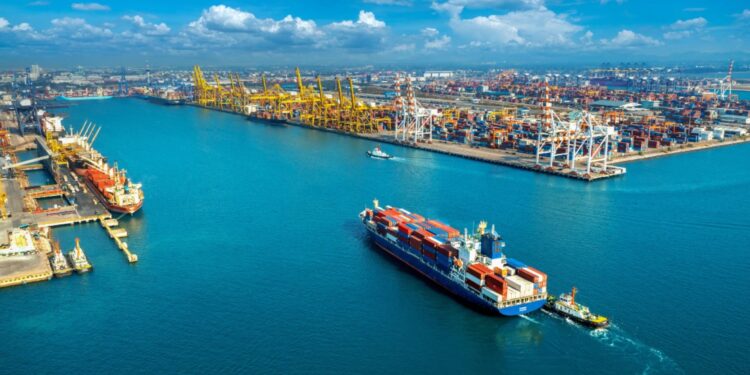The vast expanse of our oceans, a critical engine of the global economy, is increasingly under pressure. However, a powerful new ally is emerging to help protect and leverage these vital resources sustainably: Artificial Intelligence (AI). By revolutionizing the management and repurposing of heavy assets within maritime industries, AI is charting a course towards a truly sustainable blue economy.
Traditional ocean industries, from shipping to offshore energy, rely on colossal “heavy assets” like drilling platforms, cargo ships, and port infrastructure. Historically, these assets have often been associated with significant environmental impact. Yet, AI is transforming this narrative, offering innovative solutions to minimize their footprint and even reimagine their purpose.
One of the most impactful applications of AI lies in optimizing heavy asset performance and extending their lifespan. Predictive maintenance, powered by AI algorithms, analyzes real-time sensor data from engines, machinery, and structural components. This allows for early detection of potential failures, preventing costly breakdowns, reducing downtime, and significantly cutting down on waste and resource consumption. For instance, intelligent voyage optimization systems are already helping shipping fleets chart the most fuel-efficient routes, drastically lowering emissions and operational costs.
Beyond efficiency, AI is proving instrumental in fostering a circular blue economy. Consider aging offshore oil and gas platforms. Decommissioning these structures conventionally is an expensive and often environmentally disruptive process. AI, through sophisticated algorithms and digital twin technology, can assess their structural integrity for entirely new purposes. Imagine these platforms repurposed into offshore wind farms, aquaculture facilities, or even hydrogen production sites – a vision of “blue industrial symbiosis” where the outputs of one activity become inputs for another, creating unprecedented efficiency and ecological harmony.
Ports, the vital gateways for global trade, are also becoming “smarter” with AI. From orchestrating vessel traffic and automating cargo handling to optimizing energy consumption, AI is reducing congestion, lowering emissions, and enhancing the overall efficiency and resilience of global supply chains. Furthermore, AI is crucial in environmental monitoring, using advanced analytics to detect and track pollution, from plastic waste to oil spills, enabling faster response times and more effective prevention strategies.
This AI-powered transformation, however, requires more than just technological prowess. It demands supportive policy frameworks, strategic public and private investments, and a collective shift in mindset. By embracing AI, we can move beyond reactive approaches to ocean management and towards proactive, predictive, and ultimately more sustainable practices, ensuring the vitality of our oceans for generations to come and forging a truly sustainable blue economy.










![Online Scam Cases Continue to Rise Despite Crackdowns on Foreign Fraud Networks [Myanmar] Online Scam Cases Continue to Rise Despite Crackdowns on Foreign Fraud Networks [Myanmar]](https://sumtrix.com/wp-content/uploads/2025/06/30-12-120x86.jpg)




